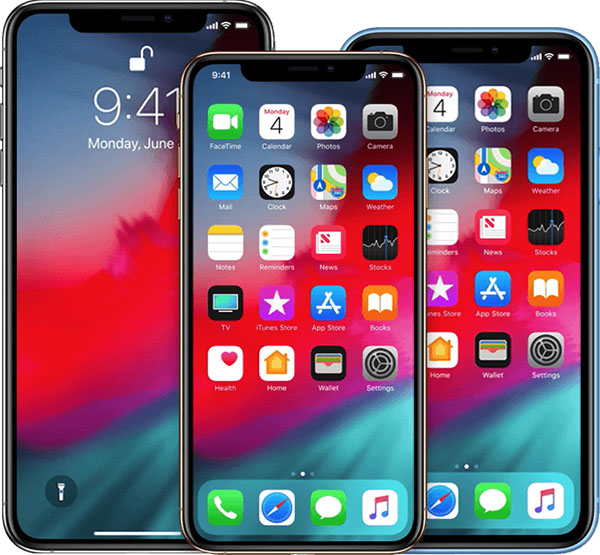The Smart Phone

It obviously shown through national studies that the attitudes of teens and their use of technology has incurred a drastic shift in their behavior and can be linked to the advent of smart phones. I think that it is clear that a paradigm shift has occurred in the way teens communicate, interact, and socialize with one another. There is a plethora of evidence that one can observe in the article and it would be difficult to argue that, on average, the attitude towards social activities hasn’t changed drastically since our parent were kids.
A paradigm shift is defined as a fundamental change in approach or underlying assumptions. This is clearly such case. As the article stated, kids don’t behave in the same manner as kids of the previous generation did. They are more likely to feel lonely, and less likely to go on dates, to parties, or even get their driver’s license. This clear shift in attitude from previous generations preceded by the advent of the smart phone constitute a paradigm shift in teens attitudes.
Now this being said, I believe the scope of this shift this may be more location based. Take me for example. I grew up in a very rural area; I graduated with 82 kids from a public school. I didn’t see such a widespread and as drastic of a shift from traditional behavior practiced by our parents as the charts and national polls show. When my dad was a kid, he got his driver’s license the first day he could, my parents hung out with their friends on weekends and played sports or worked during the week. When my dad wanted to hang out with his friends they went camping, hunting, fishing, or drove their dirt bikes, or later cars to each other’s houses. As a member of the generation that the article talks about, I don’t think that I, or most of my friends really fit the mold the article describes. Everyone I knew had their learners permit the day they turned sixteen and had their drivers’ license as soon as they could. When my friends and I got together we didn’t just sit on our iPhones inside, we went out and did stuff. We all played sports, we went hunting together, when nothing was in season, we went fishing. We used to go camping when it was possible to sleep outside. Our favorite place to go didn’t even have cell service. Every now and then and, if someone had to call their parents or talk to their girlfriend, they had to walk almost a mile to get even two bars of 4G. We were always together and when we were, almost no one was on their phone, unless it was to change the song we were listening to. When we got bored, we got together and did stuff outside. Last year we built a log cabin in the woods near one of my friend’s house.
Overall, you can’t argue with the data included within the article, but I would say that the effects of this shift depend a lot upon where you live and what you and your friends like to do together. Although, one obviously has to go with the data and the data is clear, the rise of the smart phone clearly led to a paradigm shift in the youth of this countries attitudes towards their social life and mental health.


